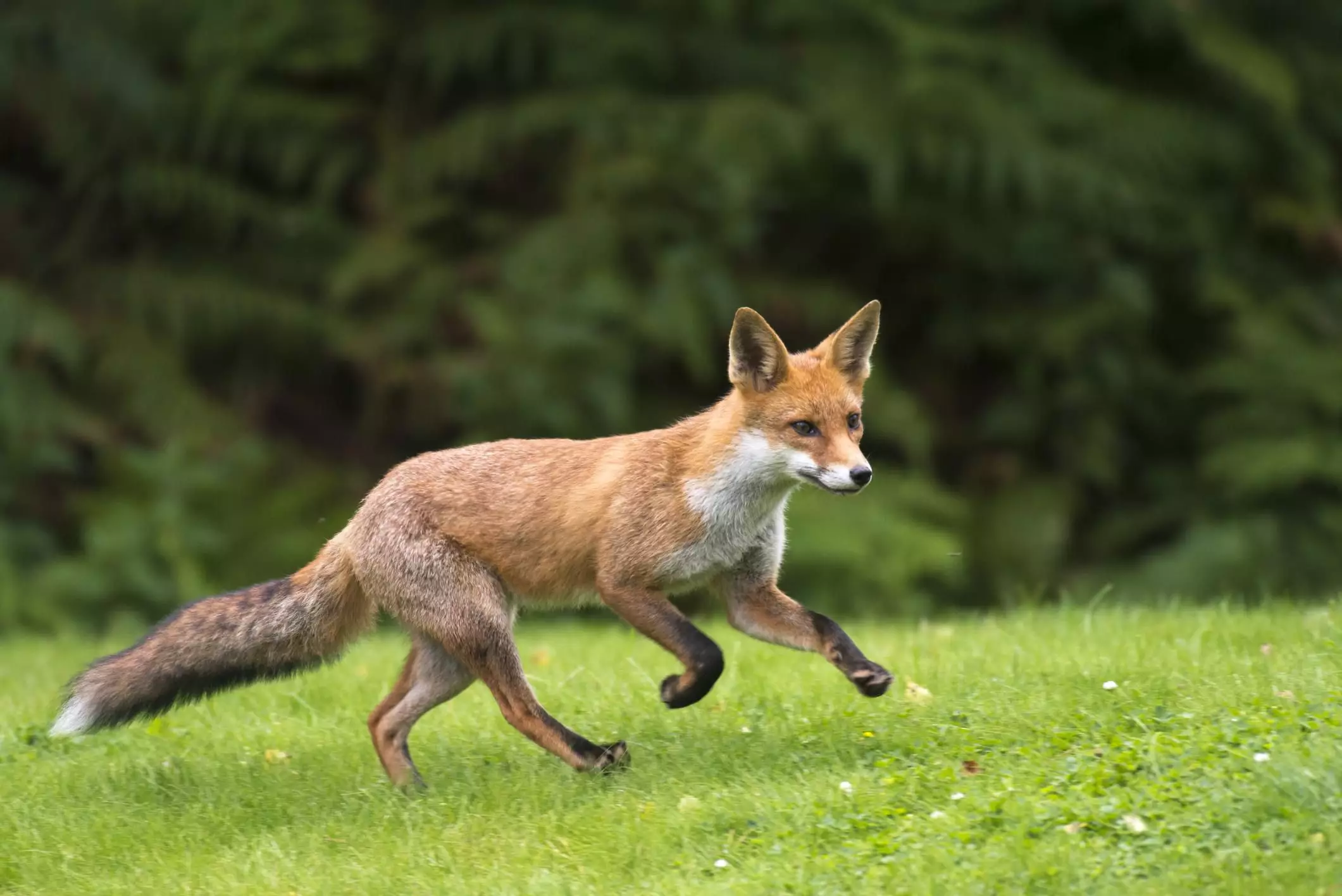Owning a pet fox is an exotic and captivating prospect that intrigues many animal lovers. The Russian red fox, specifically bred through selective experiments in Russia, stands out as the sole domesticated fox breed available as a household pet. While these creatures can endear themselves to their owners through affectionate interactions, they come with a unique set of challenges that require a deep understanding of their needs and behaviors. In this article, we will explore the joys and responsibilities of having a Russian red fox as a pet while delving into the implications of ownership legality and care requirements.
The Allure of the Russian Red Fox
The domesticated Russian red fox, or Vulpes vulpes, has captured the hearts of many due to its dog-like demeanor and companionship. Unlike their wild counterparts, these foxes have been bred over generations to exhibit traits more amenable to living alongside humans. This behavioral adaptation means that they are often sociable and less prone to aggressiveness, making them appealing as pets. However, the financial implications of adopting a fox are significant; they can range from several thousand to over ten thousand dollars, making them a commitment primarily for those who are financially secure.
Despite their charm, potential owners should note that these animals require vigilant supervision and a stimulating environment. Left unattended, a bored Russian red fox may engage in destructive behaviors, digging up landscaping or chewing on household items. Therefore, investing time and creating enriching experiences is essential for keeping these animals happy.
The Legal Landscape of Fox Ownership
A crucial aspect of owning a Russian red fox lies in its legal status. While there has been a growing interest in owning exotic pets, regulations vary dramatically by state. As of the most current updates, only sixteen states in the U.S. permit private ownership of foxes. Each of these states carries its own regulations regarding permits and licensing, making it imperative for prospective owners to conduct thorough research on their local laws. For instance, North Carolina has specific guidelines that require foxes to be utilized in educational programs. Understanding local legal frameworks is essential not only for the owner’s peace of mind but also for ensuring access to proper veterinary care, as illegal ownership can complicate medical treatment.
There are ethical considerations as well when it comes to pet ownership. Domesticated Russian red foxes do not pose the same ethical dilemmas as captured wild animals, as their breeding has been focused on coexistence with humans. This genetic predisposition shapes their behavior, making them more suitable as companions under the right circumstances.
The care of a Russian red fox involves multifaceted responsibilities. Primarily, they require a balanced diet. While dog food can serve as a solid foundation, their diet must be supplemented with fruits and vegetables. Understanding dietary needs not only requires research but also a close relationship with a veterinarian who specializes in exotic animals. These foxes are also susceptible to several diseases, similar to canines, emphasizing the necessity for vaccination and regular health checkups.
Grooming is another critical aspect of ownership. Russian red foxes have thick coats that demand regular brushing, particularly during shedding seasons. Be prepared for a commitment to grooming sessions to prevent matting and uncomfortable skin conditions. Nail trimming also forms a part of routine care, and establishing a comfortable relationship with this process from an early age can amount to a less anxious experience for the fox.
Exercise is paramount for keeping a pet fox content. These animals are energetic and require ample room to roam and explore. A large, secure outdoor enclosure is necessary, alongside regular playtime and outdoor activity. Owners should ensure facilities like tall fences are in place to prevent escape and keep the fox safe from predators.
The lively demeanor of a Russian red fox can make them extraordinary companions, especially for owners who can accommodate their needs. However, it’s vital to be prepared for the commitment involved. These foxes require plenty of social interaction and can experience separation anxiety if left unattended. This can lead to territorial marking and destructive behavior, challenging conventional pet ownership norms.
For families considering this breed, it’s important to acknowledge the fox’s instincts similar to those of dogs. They enjoy interaction, playtime, and can bond with children and other pets, provided they are introduced in a carefully controlled manner. Nonetheless, potential owners need to evaluate whether they can provide a stimulating environment conducive to the needs of an intelligent, highly active animal.
While owning a Russian red fox can be a remarkable and rewarding experience, it is not without its challenges and responsibilities. By understanding the legal implications, the extensive care requirements, and the commitment needed to ensure a fulfilling life for these unique pets, individuals can make informed decisions about bringing a Russian red fox into their home. With the right preparation, these fascinating creatures can seamlessly integrate into a family, offering companionship unlike any other.


Leave a Reply